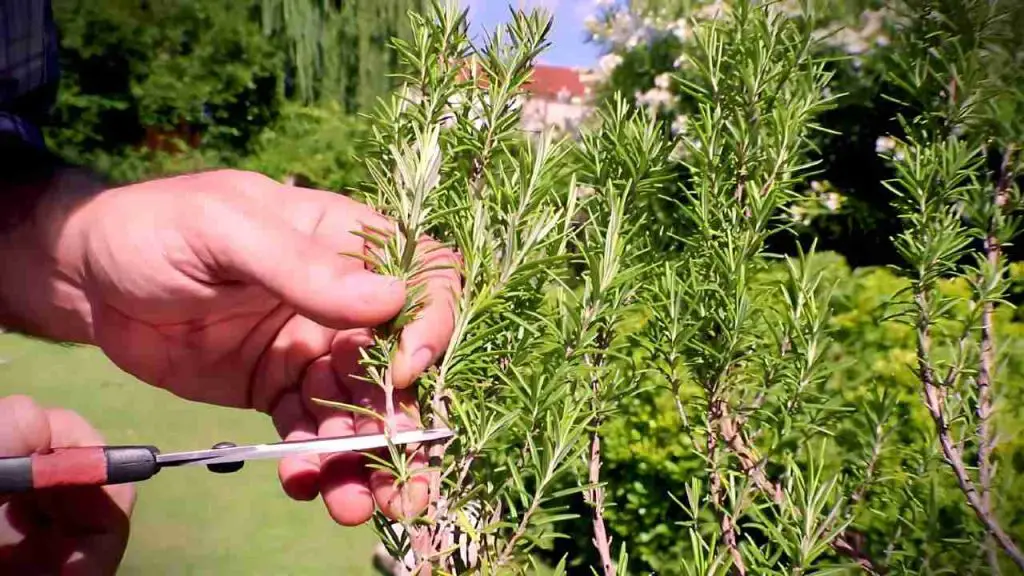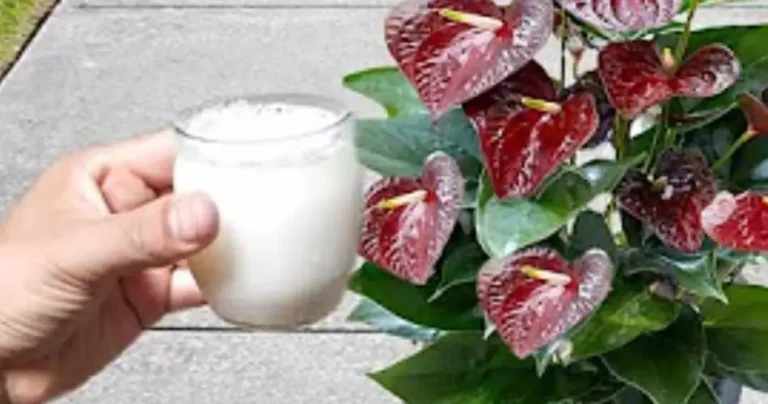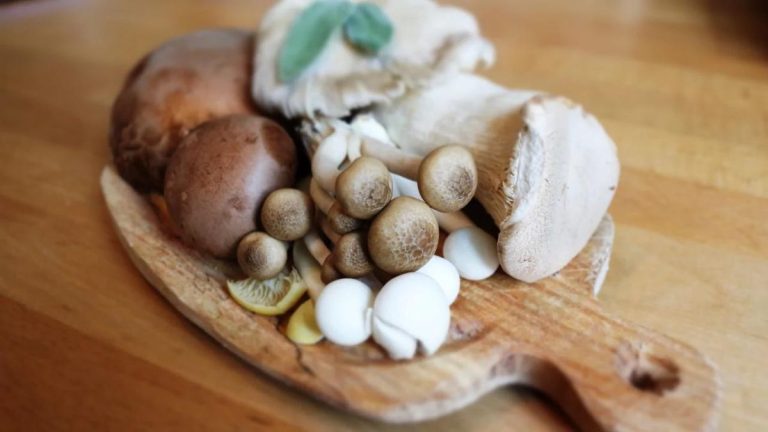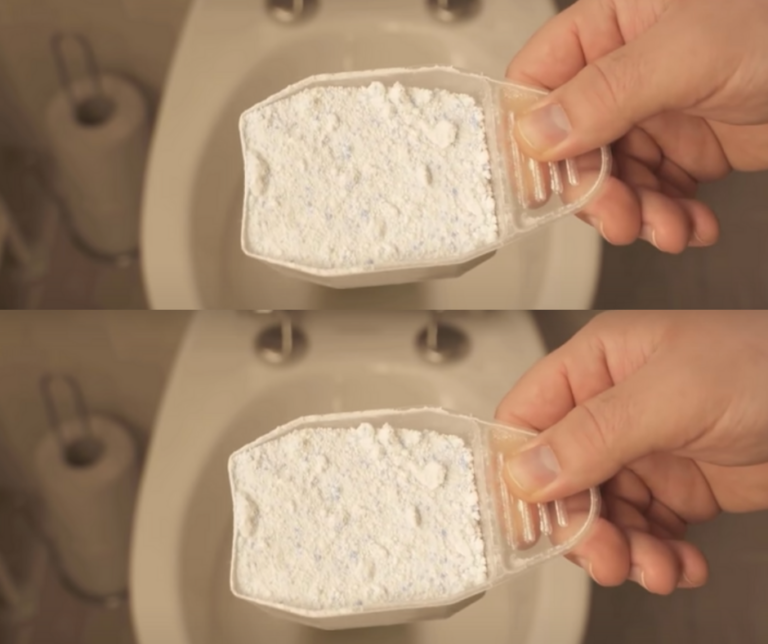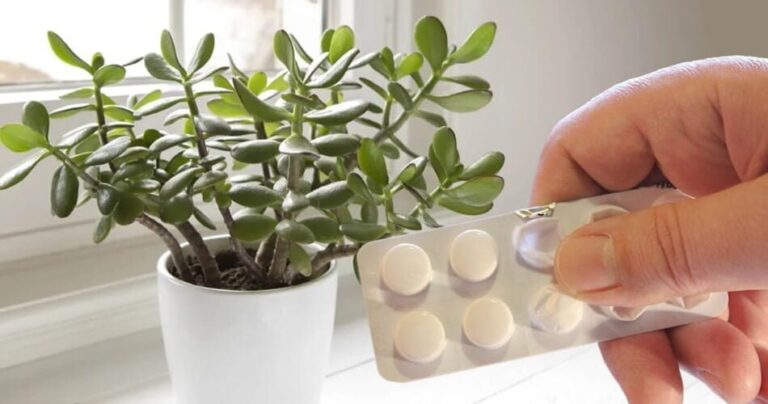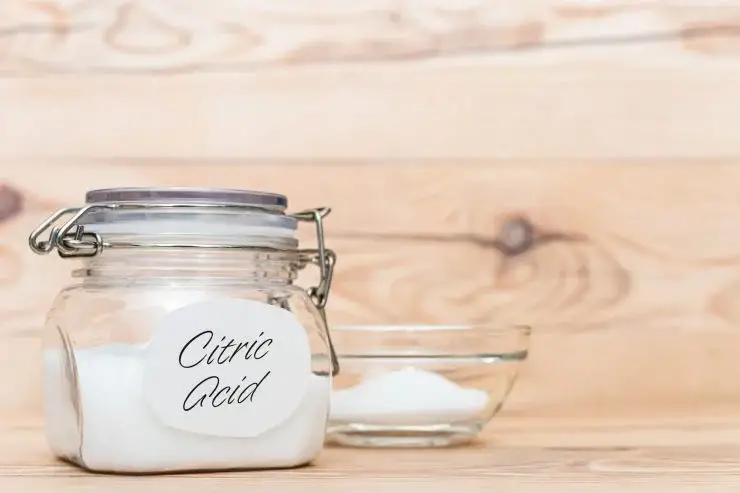How to reproduce rosemary in endless water, it will take you very few minutes
Create endless rosemary plants by simply soaking the sprigs in water. Quick and easy method, this is how it’s done.
Rosemary is an evergreen plant in the Lamiaceae family known for its intense aroma and its ability to survive in hot, arid climates . In addition to this, rosemary is a very versatile ingredient in cooking , used as an aromatic herb to season meats, fish, potatoes and many other preparations. If you want to grow your own rosemary at home, but aren’t sure how to do it , it will help to know that there is a simple and easy technique to follow. This technique consists of soaking rosemary sprigs in water . The method we will illustrate allows you to reproduce the plant practically indefinitely, without having to buy a new plant each time. Let’s see how it’s done.
Reproduce rosemary in water: how to do it
The procedure is very simple : we cut some rosemary twigs about 10 cm long and immerse them in jars full of water. Let’s make sure the twigs are submerged about 5 cm in the water . It is important that the water is changed every two or three days , to prevent it from stagnating and favoring the formation of bacteria or fungi .
After a few days , we will notice that white roots will begin to develop from the bottom of the twigs . This process indicates that the plant is ready to be transplanted into the ground . To do this, simply take the twigs and place them in fertile , well-drained soil , exposing them to direct sunlight . Let’s remember to water the plant regularly , but avoid wetting the soil excessively , so as not to compromise the development of the roots.
Because the method is effective.
But why does this method work so well? And why is rosemary so effective for reproduction? It is a very resistant aromatic plant and suitable for hot and dry climates . Thanks to this nature , rosemary sprigs can be immersed in water without the risk of rotting or deteriorating. Additionally, submerging the twigs in water creates ideal conditions for root formation.
Water provides the necessary moisture for the plant, while the nutrients contained in the soil are not yet essential . This allows the plant to focus its energies on root formation, without having to nourish the leaves and stem at the same time.
Furthermore, this technique of reproduction of the aromatic plant in question is very cheap and accessible to everyone. You don’t need to buy seeds or seedlings , just take some sprigs of rosemary that you already have in your home or garden and soak them in water. In this way, it is possible to always have new plants of this type available , to use in the kitchen or as decoration for the garden .
Conclusions and advice
In conclusion, submerging rosemary twigs in water is a simple and effective method for plant reproduction . This propagation method is not only inexpensive and accessible, but also saves time compared to other plant propagation techniques . In addition, it is a very rewarding technique , because it allows us to see the plant grow and develop from the roots. And it also allows us to always have fresh rosemary available at home.
However, remember that, like any plant , rosemary requires care and attention. Once the twigs have been transplanted into the ground, we must make sure to water the plant regularly . Obviously, without exaggerating , otherwise we could create stagnant water . In addition, it is important to place the plant in a sunny place protected from the wind .
Ultimately, soaking the twigs in water is an easy and affordable method for everyone to propagate the plant and always have this fresh and fragrant aromatic plant available . Try this technique yourself and enjoy the beauty and aroma of rosemary in your home!
